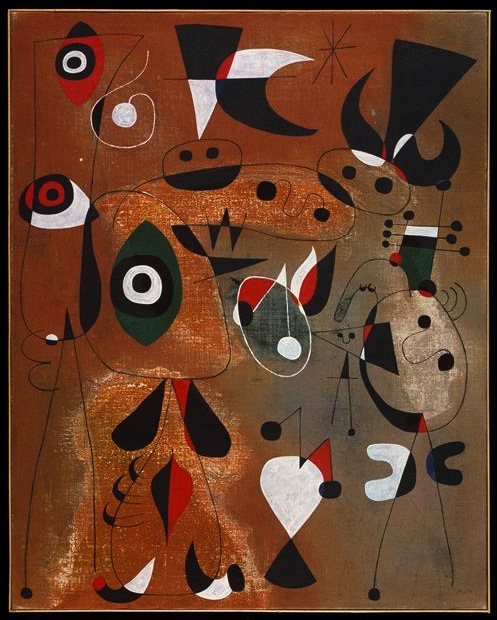Subtitle: An Outsider Looks at English Cricket. Mike Marqusee is American, although he has lived in the UK since 1971.
I guess it shouldn’t be taken for granted that an outsider will have a clearer view of cricket than someone brought up with it; it would hardly be surprising if an American who became a cricket fan was seduced by the tradition and history of it, the whole nostalgic, self-serving image cricket tends to have of itself. Paul Getty being the classic example.
But Marqusee is a left-winger who first started watching cricket during the West Indies tour of England in 1976, a series when the race and class tensions surrounding cricket were made more explicit than usual.
And so he is clearly angered, rather than attracted, by the gentility and clubbability and the bacon‑and‑egg ties. In fact, given that all that stuff is such a huge part of English cricket culture, it’s amazing that he became such a clearly devoted fan of the sport.
The result is a very pointed examination of the sins and hypocrisies of English cricket. They picked this brilliant quote for the front cover, from Test Match Special commentator Christopher Martin-Jenkins:
‘A very intelligent book, very cleverly written, with a lot that provokes thought. But I am uneasy about the way he has a go at just about everything that cricketers hold sacred’
I mean, what right-thinking person wouldn’t want to pick it up after reading that?
So it’s comparable to Derek Birley’s excellent A Social History of English Cricket in the way it provides a counterbalance to the game’s self-image; but with the focus mainly on the modern game and with rather more needle to it.
It makes uncomfortable reading at times for an English cricket fan. All those incidents which at the time seem like minor sideshows to the game itself: when you read about them all at once one after another, it starts to look pretty ugly.
I’m not sure that English cricket administrators and journalists are uniquely bad, mind you; I daresay if you subjected Australia or the West Indies or India to the same kind of inquisitorial examination, they would have their own different failings and embarrassments. But that’s a pretty weak defence.
I was reading the third edition, from 2004; one measure of my enjoyment is that when I finished I was left thinking, hmm, I wonder what Marqusee would have said about the things that have happened since: like England’s 2005 Ashes win. Or the IPL. Or Allen Stanford. So yeah, I recommend this book.
![014EVA000000000U08162000[SVC2]-1](https://heracliteanfire.net/wp-content/uploads/2011/05/014EVA000000000U08162000SVC2-1.jpg)
![014EVA000000000U08115000[SVC2]](https://heracliteanfire.net/wp-content/uploads/2011/05/014EVA000000000U08115000SVC2.jpg)
![014EVA000000000U08118000[SVC2]](https://heracliteanfire.net/wp-content/uploads/2011/05/014EVA000000000U08118000SVC2.jpg)


